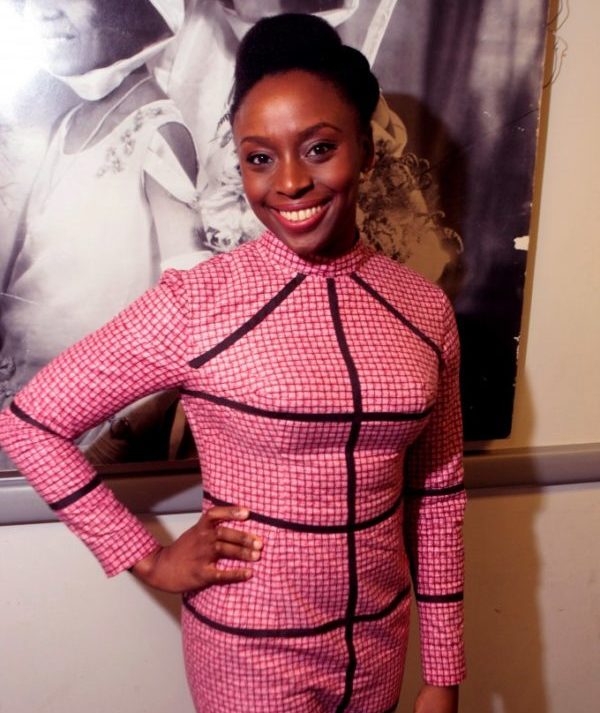
When we talk about the lives of African women in pre-modern times, we tend not to evoke the word feminism. But in a recent interview with UK’s Channel 4 News, Adichie claims that her great-grand mother who lived in pre-christian times was a feminist.
The claim is significant for a few reasons.
First of all, it runs contrary to the popular notion that feminism is a western phenomenon with a decidedly western origin. Feminism was invented, the argument goes, in England and the US and then exported to other parts of the world. But as Adichie points out in the video, which you can watch below, there is more to the story of feminism.
#ChimamandaAdichie on pre-modern African feminism. pic.twitter.com/s1BYSMN9wX
— BRITTLE PAPER (@brittlepaper) September 19, 2016
[My grandmother] did not use the word [feminism]. But you look at the dictionary, and a feminist really is a person who believes in the equality of men and women. I know that there’s a political feminism, and it’s — it’s sort of this Western idea that started. You talk about England and you talk about Pankhurst. And you talk about the US, and you talk about Gloria Steinem. But really, for me I think of feminism more as, simply the idea of equality. And my role models are really not the Western movements. It’s my great grandmother…Who lived in Nigeria, pre-Christian Nigeria. Which was a time when gender rules were actually not as rigid as they are now. So there’s a lot about gender rules in Nigeria today, that are the result of the kind of Victorian Christianity that we inherited from the missionaries. And so, actually looking back at our past – for me – is inspiring. Because it’s one of the models to look at. To think about how gender is something that we construct.
As Adichie rightly points out, there is the political and intellectual history of feminism that originates in the West and that features the likes of Gloria Steinem and Pankhurst. But there is also a rich history and culture of women empowerment that can be traced through other localities, time periods, and cultures. These women may not have called their own ideologies of equality feminism. But as long as they contributed to establishing a world where women were empowered, their stories are valid and need to be documented in the global history of women’s struggle for equality.
The idea that feminism existed in a pre-modern African community might be a bit hard for some people to swallow. On the one hand, there are Westerners who like to think that they have a monopoly over the origins of feminism. On the other side of the aisle are Africans who staunchly believe that feminism is an un-African import from the west.
Today we talk about the idea of the working woman as though it were a western feminist concept. But we fail to realize that in many African communities women have always worked outside the home and that it was colonialism that imported the Victorian idea of the non-working woman who stayed at home and was surrounded by servants. In many African communities that predates colonialism, women worked in the farm, traded goods in the markets, and provided for their families. They lived in communities where there was zero expectations that a woman’s work was limited to household duties. They worked hard to sustain their families. Whereas in the west, women were stigmatized for working at all, in these older African communities, women’s work was celebrated and considered essential to the economic stability of the community.
This is not to say that African communities before colonialism were some kind of feminist utopia but to simply say that no one part of the world has a monopoly over the ideals of women empowerment. Yes, there is such a thing as western feminism but feminism as a political project dedicated to the empowerment of women comes in different shapes, cultural forms, and histories. And for us to adequately give these other histories their due, we have to stop confusing feminism as the idea of equality from the strain of feminism specific to a history of western modernity.
Women like Adichie’s great-grand mother have as much right as Pankhurst to be a figure of contemporary efforts to fight for women empowerment.
***********
Facebook link image by Women’s Studio Workshop via Flickr.








nhlanhla September 27, 2016 04:40
The thought actually brings forth a reminder, that those women who were workers are the same women who would get married, going there actually with a feminist agenda-that being a fact; that they are equal to men in a way- they actually juggle two, to three balls at once. an apparent proof to their innate abilities-and strength